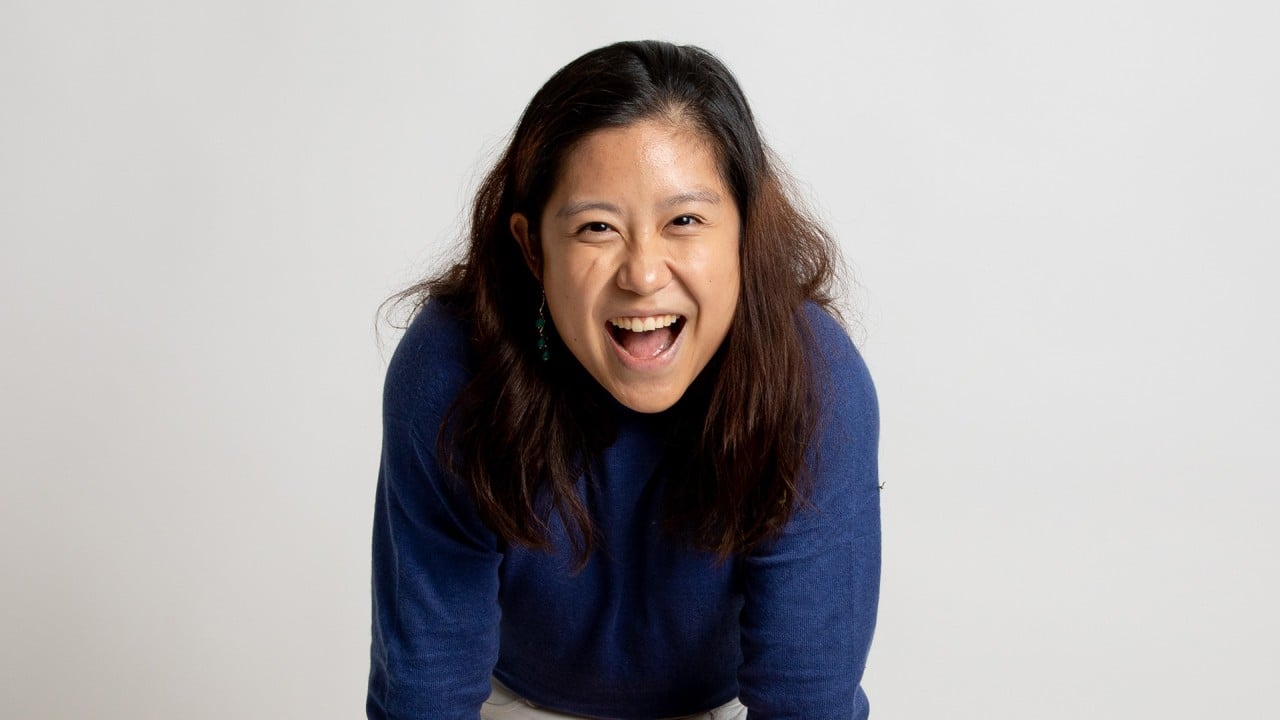
Social unrest and the pandemic are over but ill effects linger in Hong Kong
- Young people, students in particular, are finding it hard to cope with Hong Kong’s new social landscape, making it even more important that mental health support is enhanced
Hong Kong is still counting the cost of social unrest followed by a pandemic and draconian anti-social measures taken to combat it.
The latest reckoning concerns our children. It adds to emerging evidence that their mental health came under pressure, which is still exacting a toll.
This is not surprising given that prolonged school closures deprived them of developmentally important social interaction. That is not without consequences, sometimes serious.
Last month, we reported on a city-wide survey for the government by Chinese University (CUHK) researchers that found nearly one in four children and adolescents had at least one mental health disorder in 2023.
‘People become fear-based’: counselling lonely, depressed men in Hong Kong
Since then, the Department of Health has released the results of a survey of student welfare covering 330,000 children. It found an increased number needed professional help to deal with psychosocial and behavioural problems.
Disturbingly, it found 1.6 per cent of Hong Kong secondary pupils tried to take their own lives in the last academic year and 3.7 per cent considered killing themselves.
The latter figure was almost 50 per cent up on the rate for 2018-19. To be fair, the survey results reflect a global trend; Hong Kong is not the worst example. But they raise concerns that must be addressed.
A self-administered questionnaire by youngsters who went to student health service centres showed that 2.8 per cent of all respondents had considered suicide in the previous 12 months and 1.3 per cent had tried to take their own lives. The survey included 233,000 primary school pupils and 97,000 secondary.
The results show young people still struggle with the challenges of a divided society and lockdowns. Some social media, including influencers and online bullying, do nothing to make life any easier.
Lee Yi-ying, a principal and chairwoman of the Subsidised Secondary School Council, says some pupils might have problems adapting to the pace of post-pandemic life compared to lockdowns.
Professor Paul Yip Siu-fai of the University of Hong Kong, who has researched suicide, says secondary pupils face more complicated problems, such as bullying or relationships and academic pressure.
Hong Kong charity aims to expand free counselling amid spike in youth suicides
The CUHK study found that many parents did not know how to seek professional help. So it is good to hear from the department that professionals in student health services have paid extra attention to pupils’ emotional and mental health and provided counselling and advice.
Teachers face many demands on their attention. But the surveys suggest more focus on mental health that prompted early intervention could benefit many students.
The government should heed the advice of a former chairman of the Advisory Committee on Mental Health, Wong Yan-lun, and consider how to ensure teachers get more time for it.


